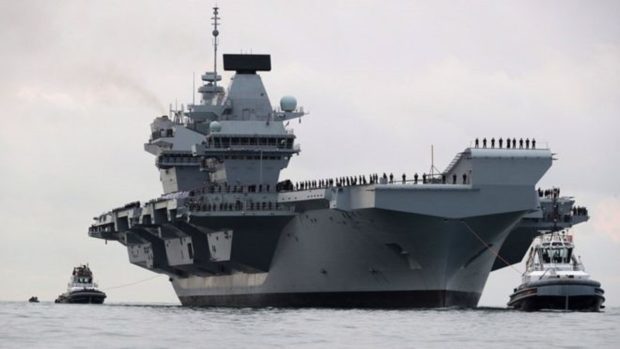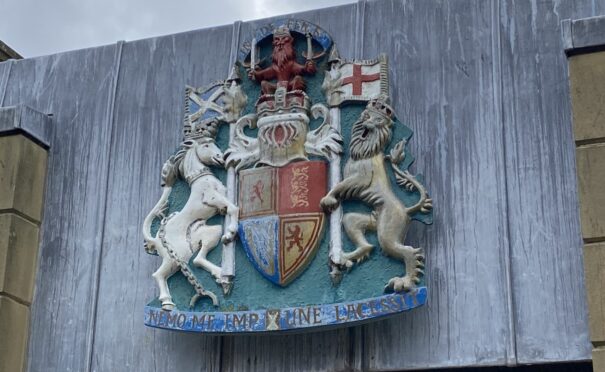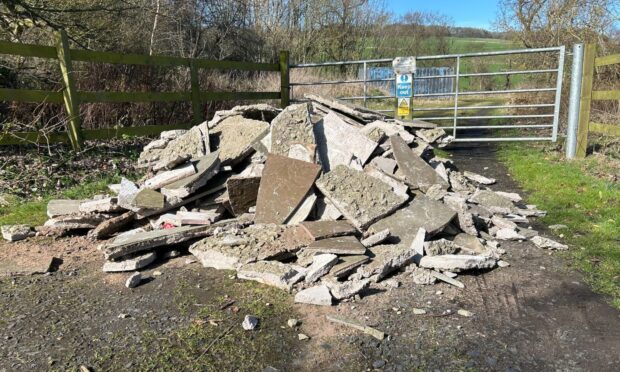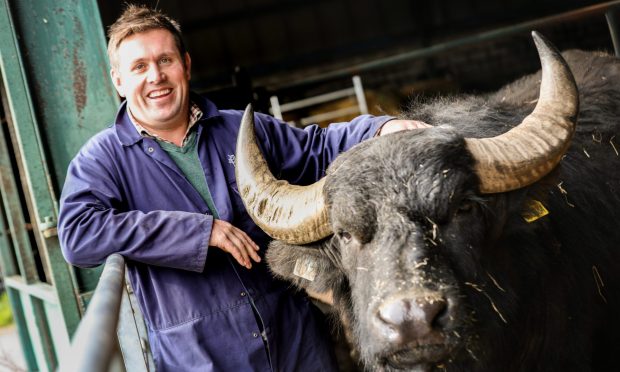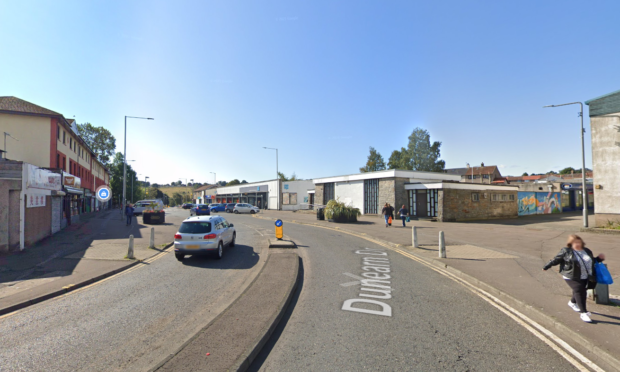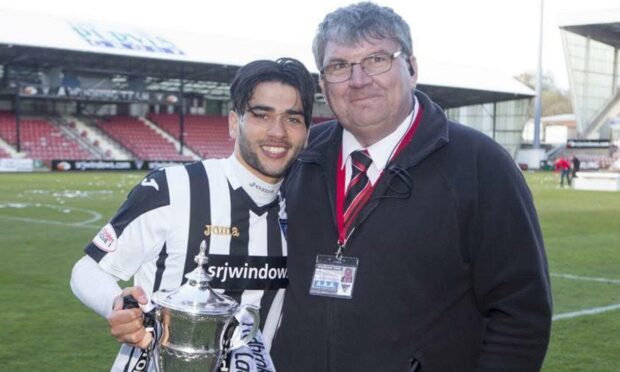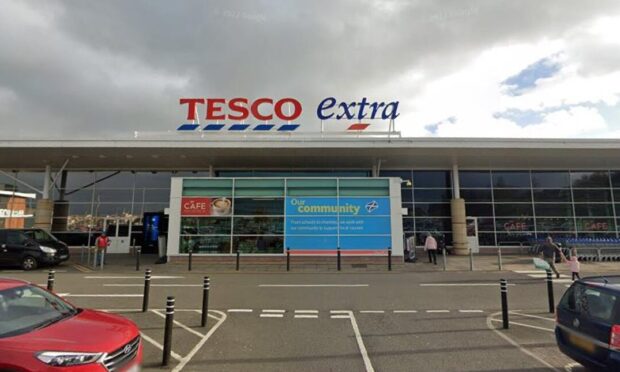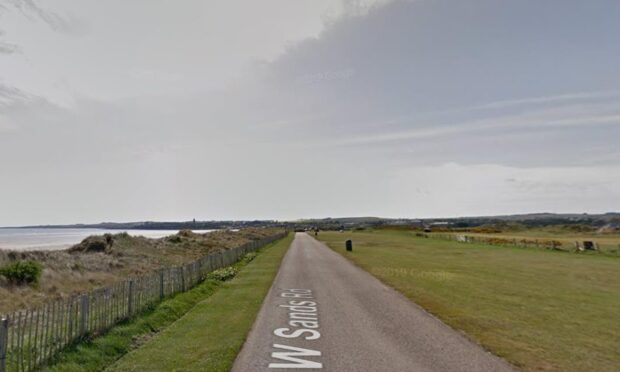Fife-built Royal Navy aircraft carrier HMS Queen Elizabeth left her home port of Portsmouth on Saturday, bound for the USA to land fast jets on deck for the very first time.
Eight years since a British aircraft carrier last flew a fast jet from her decks, the 65,000-tonne carrier – which was assembled at Rosyth dockyard – will embark two F-35B test aircraft, from the Integrated Test Force (ITF), based out of Naval Air Station Patuxent River, Maryland.
Around 200 supporting staff, including pilots, engineers, maintainers and data analysts will be joined by two ‘orange wired’ test aircraft, belonging to the ITF, which are expected to conduct 500 take offs and landings during their 11-week period at sea.
The aim of these initial, or ‘developmental’ trials are to ascertain, through the specially equipped aircraft and sensors around the ship, the operating parameters of the aircraft and ship, in a range of conditions.
Similar successful trials were conducted by HMS Queen Elizabeth at sea earlier this year for Rotary Wing aircraft.
Defence Secretary Gavin Williamson said: “HMS Queen Elizabeth is a true statement of our national power, and the whole country can be proud to see this magnificent symbol of our engineering prowess and international ambition leaving port to sail onto the world stage.
“Her voyage to America not only shows her global reach, but strengthens our special relationship with the US Forces who we have worked hand-in-hand with on this iconic programme.
“As she sails along the east coast of the USA, she will signal our determination to keep fighting alongside our allies in all corners of an ever more complex and uncertain world.”
Four F 35B Lightning developmental test pilots, who are members of the ITF, will embark to fly the aircraft; three British, one American.
The British personnel comprise a Royal Navy Commander, a Squadron Leader from the Royal Air Force and one civilian test pilot. They will be joined by a Major from the US Marine Corps.
